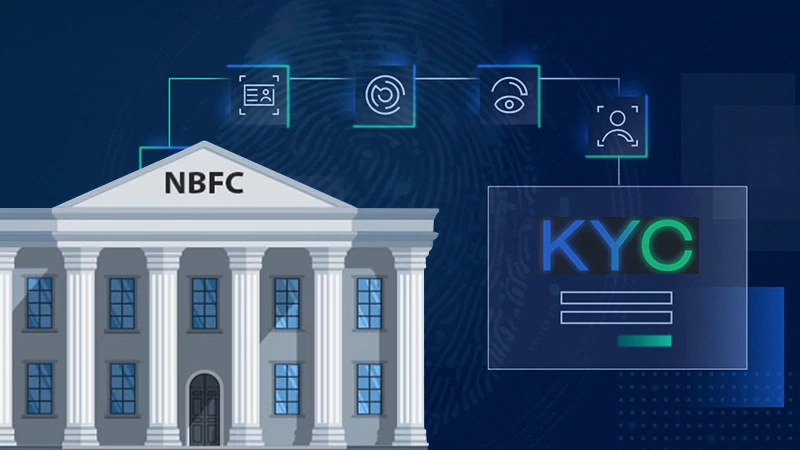Questions to Ask a Financial Advisor
Before settling on a financial advisor, it is important to determine whether they are the right person to help with your financial situation. Knowing what to ask your financial advisor can help you make the right decision to save you time and money. During the first meeting with your financial advisor, here are important questions you can ask to find out if they can offer the best financial planning services.
1. Are You a Fiduciary?
If you have been researching various financial advisors and firms, you might have come across the term fiduciary indicated on their website profiles. A fiduciary financial advisor is legally mandated to put your best interests first above theirs. This standard is built on a foundation of loyalty and professionalism where the financial advisor pledges to uphold the client’s needs first and foremost. The fiduciary standard also limits any conflict of interest as the advisor needs to inform the client if a conflict arises. Follow up questions to ask a financial advisor to find out if they are fiduciaries include:
- Will you sign a fiduciary oath?
- How do you uphold the fiduciary standard for your clients?
- How do you handle a conflict of interest?
2. Advisor Fees and Compensation
Financial advising isn’t a one-size-fits-all type of business. Therefore, the fees will vary depending on your individual needs and goals. Financial advisors have different means of charging their fees based on the services rendered. Here are the main ways in which a financial advisor can be compensated:
- Fixed/flat Fee – This is a prearranged fee for a specific service. For example, the advisor can charge you $5000 to create a financial plan.
- Hourly Fee– The advisor charges an hourly rate for the services rendered until the end of the business relationship.
- Assets Under Management – This is the fee taken as a percentage of the investments managed for the client.
- Commissions– The financial advisor can charge commissions on financial products like insurance and annuities.
Most financial advisors adopt multiple fee structures depending on the services rendered. You should hire a financial advisor within your budget to prevent any conflicts in the future. In case you feel that things do not add up, maybe it is time to fire your financial advisor.
3. How Will You Track My Investment Performance?
It is best to ask the potential financial advisor how they measure success when implementing certain financial strategies. Experienced financial advisors have an investment policy that dictates how they will handle your financial situation. They should track your investment performance and ensure that they are on course towards achieving your financial goals. A good financial advisor should also monitor market trends and identify potential improvement areas or risks in your investments. The advisor’s response to this question can help you confirm if they have the expertise to handle your short-term and long-term financial needs.
4. What Do You Specialize in and How Many Clients Do You Have?
It is important to ask the potential financial advisor which area they specialize in and the number of clients they often work with. Financial advising has many spheres, including investment planning, stock trading, retirement planning, comprehensive wealth management, estate planning, risk management, and insurance. Hiring a specialized financial advisor is recommended as they have more experience and expertise in that field.
Finding out the number of clients the advisor serves will indicate how much time they have to focus on your financial needs and how personalized their services will be.
5. What Qualifications and Experience Do You Have in Financial Planning?
Asking about the expertise and experience of a financial advisor will help you determine if they can comfortably solve your financial problems. These qualifications include a bachelor’s degree in a relevant business field and certifications. Although it is not a requirement to have a bachelor’s degree to practice as a financial advisor, most successful advisors have some background education in accounting, financial planning, and business management.
Additional certifications such as Certified Financial Planner, and Chartered Financial Analyst, also illustrate more expertise in the respective field; thus, they can offer better financial solutions. Some areas of financial planning also require advisors to have licenses before practicing. These include stock trading, investments, and insurance advice. You should first confirm that the financial advisor has these licenses before hiring them to prevent any legal complications down the road.
6. How Will You Update Me on Your Work?
Communication is key in any financial relationship. The financial advisor should provide regular updates on the investment strategies used, their performance, and any relevant financial information. They should also regularly inquire about your current financial position and goals to determine if your needs and goals have changed so they can adjust the financial plan appropriately. It is best to agree on how often the financial advisor should communicate with you before you commit to working with them.
Follow Us
Latest Post
















